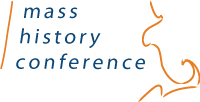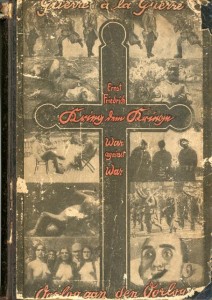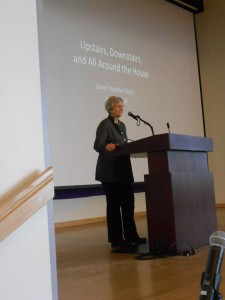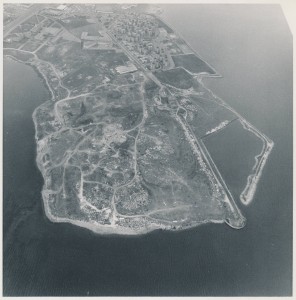
William A. Cowles in uniform, 1863. SC-0012 William A. Cowles papers.
Workshop is full – a waiting list has been started
Interested in learning how to identify and care for historic photographs? Join us on Saturday, November 10, 2018 from 9:00 am – 1:00 pm for a FREE workshop presented by Monique C. Fischer, Senior Photograph Conservator, Northeast Document Conservation Center.
Participants are encouraged to bring a few photographs for discussion and examination.
The workshop will be held in the Joseph P. Healey Library at the University of Massachusetts Boston. Directions to campus. Parking is available on campus at the new West Campus Garage.
Registration is required; limited to 15 participants. Register for the workshop by November 1, 2018, by emailing library.archives@umb.edu.
About this workshop
This workshop offers an introduction to the preservation of photographs, including their identification, deterioration, and care. Participants will learn how to recognize various photographic formats and study the preservation problems associated with each format type. The workshop will also discuss storage concerns and preservation priorities, including environmental guidelines and proper care and handling. Participants are encouraged to bring photographs for examination and discussion.
Schedule
9:00-9:30 am | Registration and Introductions
9:30-11:15 am | Identification of Photographic Materials
- A system of identification
- Hands-on practice
11:15 – 11:30 am | Break
11:30 am- 1:00 pm | “Photographic Conservation Checklist”: Storage Concerns and Preservation Priorities for Photographic Materials
- Discussion will include environmental guidelines for the storage of photographs and proper enclosures, care, and handling
1:00 pm | Adjourn

Any views, findings, conclusions, or recommendations in this program do not necessarily express those of the National Endowment of the Humanities.
Registration is required; limited to 15 participants. Register for the workshop by November 1, 2018, by emailing library.archives@umb.edu.
This workshop has been made possible in part by a grant from the National Endowment for the Humanities: Exploring the human endeavor. Read more about this grant here.
University Archives & Special Collections in the Joseph P. Healey Library at UMass Boston collects materials related to the university’s history, as well as materials that reflect the institution’s urban mission and strong support of community service, notably in collections of records of urban planning, social welfare, social action, alternative movements, community organizations, and local history related to neighboring communities.
University Archives & Special Collections welcomes inquiries from individuals, organizations, and businesses interested in donating materials of an archival nature that that fit within our collecting policy. These include manuscripts, documents, organizational archives, collections of photographs, unique publications, and audio and video media. For more information about donating to University Archives & Special Collections, click here or email library.archives@umb.edu.





